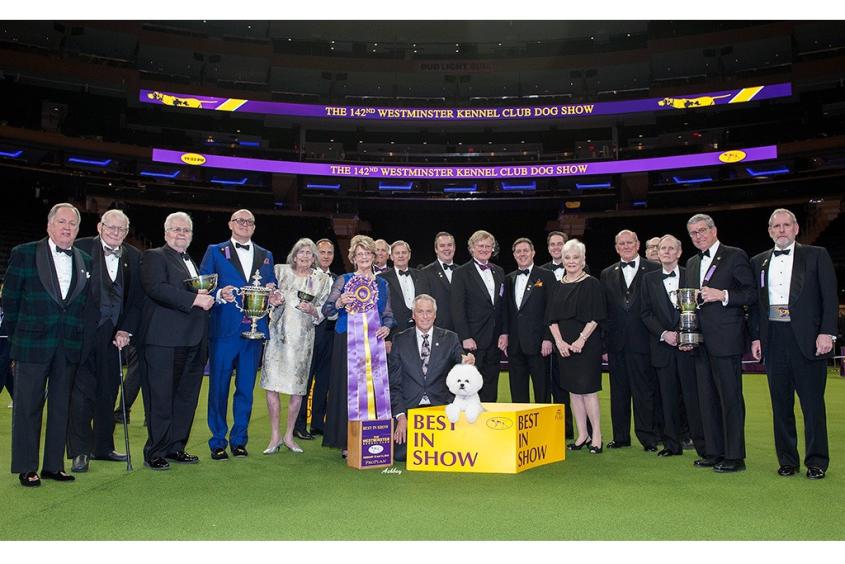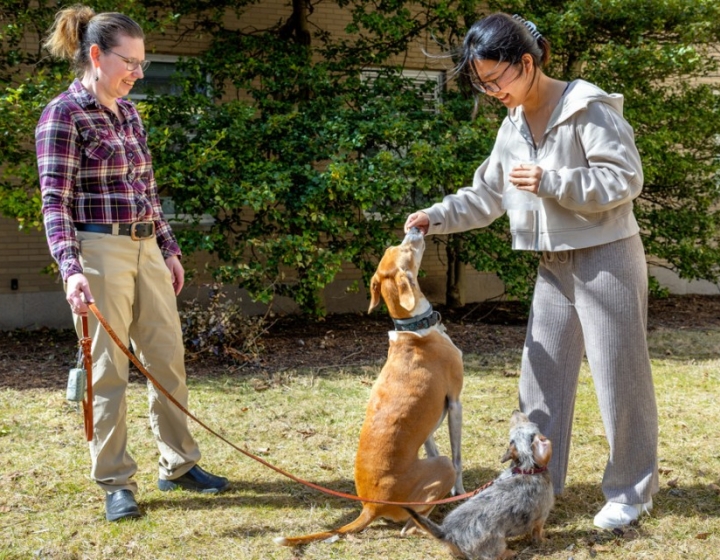Challenge accepted, challenge completed
Cornell’s endowed scholarship challenge was launched last year, and it reached a successful completion this April, thanks to alumni, parents and friends who gave a total of nearly $22 million in endowed scholarships to boost the university’s financial aid and strengthen its commitment to “… any person … any study.”
“The success of the challenge leaves no doubt in my mind that Cornellians strongly support need-blind admissions and need-based financial aid,” said Jason Locke, the interim vice provost for enrollment with oversight of the offices of admissions, financial aid and the university registrar. “Beyond this challenge, I hope many others are inspired to support scholarships today so that we can make a Cornell education accessible to more deserving students.”
In all, 86 supporters established named endowed scholarships at the $200,000 level or greater, which were each matched by the challenge on a 1-to-4 basis. Matching funds totaling $5 million—made possible by an unrestricted bequest from Craig Voorhees ’49—were awarded.
Scholarship supporters range from foundations to individuals, from alumni families to non-Cornellian parents, and the students and the areas they benefit are equally diverse. Here’s a glimpse of who they are and why they gave.
Education and care
Since its early days, the Westminster Kennel Club has known that caring for animals means supporting the people who take care of them: Part of the proceeds from its very first annual New York bench show for dogs, in 1877, went to the American Society for the Prevention of Cruelty to Animals (ASPCA).
“Helping institutions like the ASPCA has always been in the membership’s DNA,” said Chat Reynders, Westminster Kennel Club president.
For many years, the Westminster Kennel Club has provided scholarship support for students in need at Cornell’s College of Veterinary Medicine. Last fall, it pitched in for the endowed scholarship challenge, significantly increasing its philanthropic commitment to the university.
“We’re very proud to be partnering with Cornell,” said Reynders. “While we’re in the business of putting on a wonderful dog show, dog health—and animal health, in general—really matters to us and to everybody in the community. We’re stepping forward so that everybody sees that veterinary education is a priority for us.
Reynders also explained that the well-being of companion animals and the vitality of people go hand in hand, and that discoveries in veterinary medicine often directly benefit human health.
“There’s so much innovation, and amazing breakthroughs are happening at an astonishing pace in veterinary medicine right now. It’s such a dynamic field,” he said.
Reynders added: “We recognize that access to an extraordinary education can be difficult, so we want people from all areas of life and all income circumstances to have the potential and the ability to become vets.”
By the Division of Alumni Affairs and Development
A version of this story originally appeared on giving.cornell.edu.





